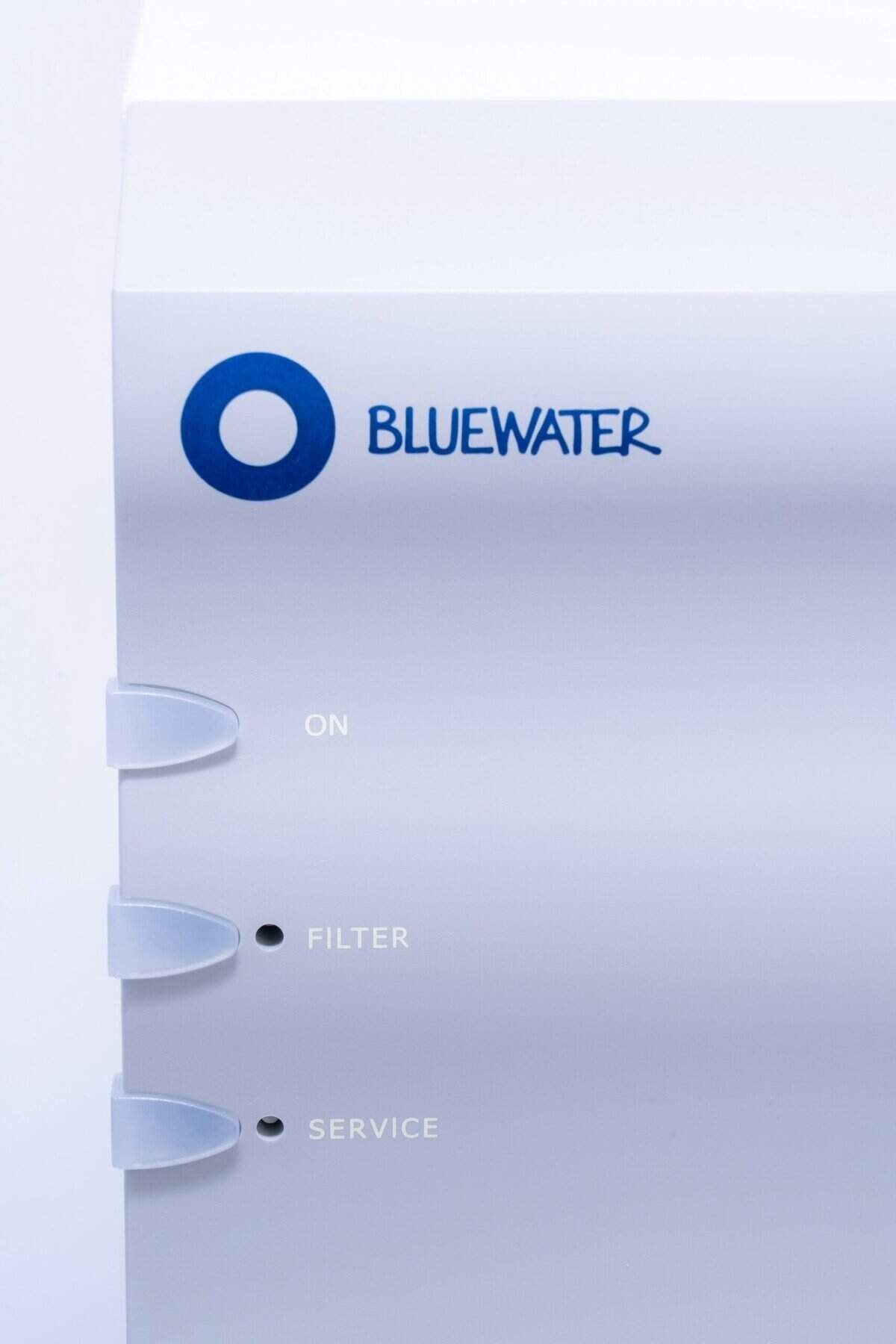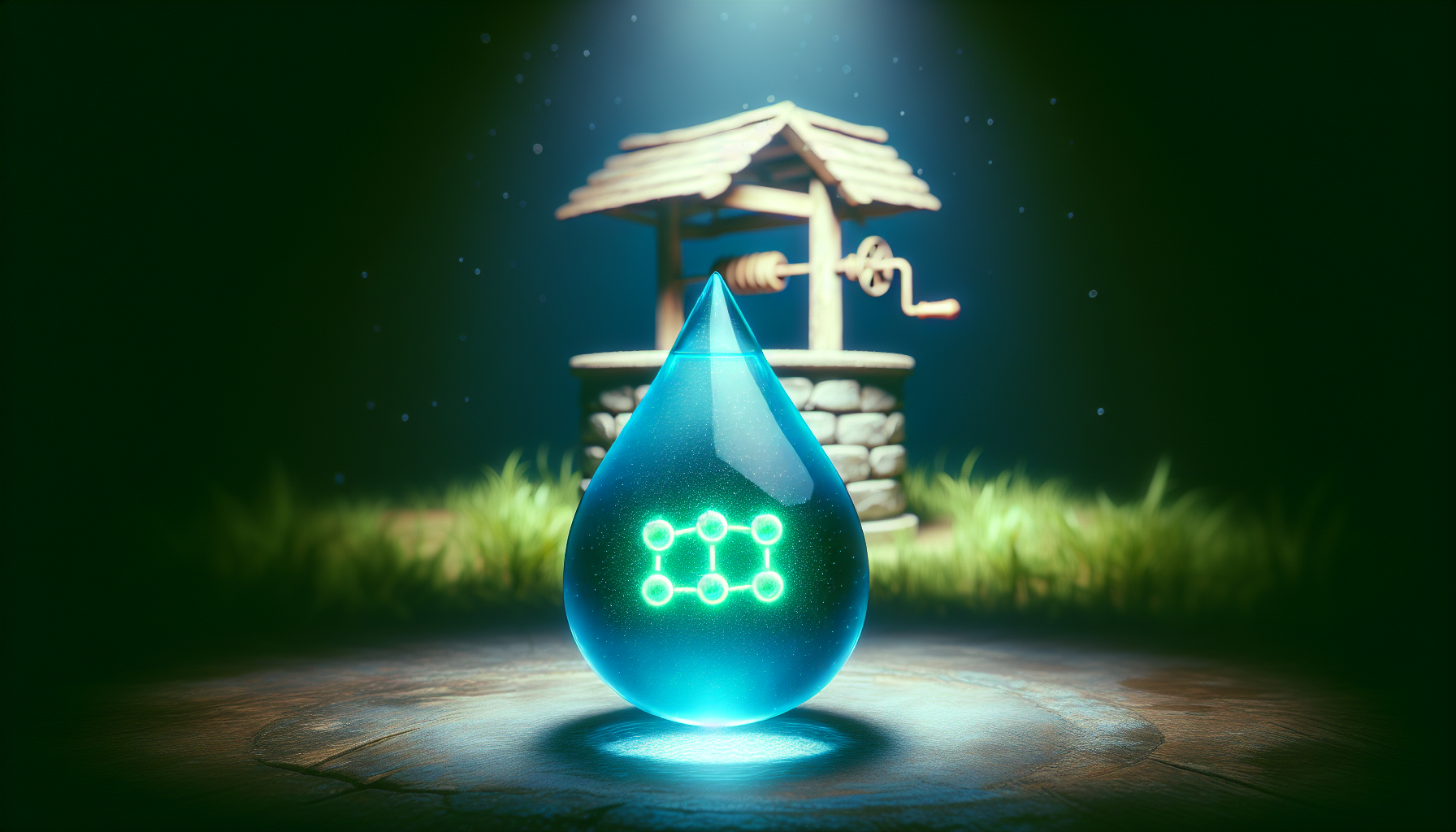Are you aware of the critical role chlorine plays in maintaining the safety of your well water? Ensuring the water you consume is safe is a fundamental aspect of protecting your health and well-being. If you rely on a private well for your drinking water, comprehending how contaminants are managed and how to maintain the purity of your supply is crucial. Let’s explore how chlorine can be a key player in this dynamic, emphasizing its advantages and any concerns you might need to consider.
Understanding Chlorine and Its Purpose
Chlorine, a chemical element, is commonly used worldwide to disinfect water, making it safe for consumption. It’s renowned for its effectiveness in eliminating bacteria, viruses, and other microbes that can cause diseases. Using chlorine in well water treatment involves adding specific quantities to ensure that harmful contaminants are neutralized.
How Chlorine Functions in Water Treatment
Chlorine works by breaking down the cell walls of bacteria and viruses, ultimately destroying them. When chlorine is introduced into water, it forms a weak acid known as hypochlorous acid. This acid is a powerful disinfectant capable of eradicating a variety of pathogens that may be present in your well water.
Advantages of Chlorine in Well Water
The use of chlorine in well water treatment offers several benefits. It provides an effective defense against waterborne pathogens, ensuring your water is safe for consumption. Moreover, chlorine can address issues with odors and improve the taste by oxidizing organic impurities that may be present.

The Importance of Well Safety
Ensuring your well’s safety extends beyond basic filtration. It’s crucial to consider various aspects, including contamination risks and appropriate treatment methods, to keep your water supply pure and safe. Chlorine plays a pivotal role in this process by acting as a barrier against numerous potential threats.
Common Contaminants in Well Water
Understanding the types of contaminants that might affect well water helps illustrate why chlorination is essential. Bacteria, nitrates, heavy metals, and pesticides are common culprits. Without proper management and treatment, these contaminants can compromise your health.
Risk Assessment for Your Well
Regular risk assessments can help identify potential contamination sources and determine the most effective treatment methods for your well. Evaluating the surrounding environment, including nearby agricultural activities or industrial operations, is vital in understanding your well’s risk profile.

Implementing Chlorine Treatment
Incorporating chlorine into your well water treatment plan involves specific processes to ensure optimal results. Balancing the correct dosages, monitoring chlorine levels, and conducting regular testing are essential components.
Calculating Chlorine Dosage
Determining the appropriate chlorine dosage for your well depends on various factors, including the water volume and contamination levels. Generally, a chlorine concentration between 1 to 10 milligrams per liter is recommended to disinfect effectively while minimizing potential side effects.
Monitoring and Maintaining Chlorine Levels
After chlorination, regular monitoring is necessary to ensure chlorine levels remain within safe limits. Home testing kits are available for measuring chlorine levels, allowing you to take corrective actions if the levels fall outside the recommended range.
Regular Testing for Water Quality
Aside from monitoring chlorine, conducting periodic comprehensive water tests is crucial. These tests can identify any changes in microbial content, chemical composition, or other contaminants that might require additional attention.

Potential Concerns with Chlorine Use
While chlorine is a valuable tool in well water safety, being mindful of its potential drawbacks is important. Over-chlorination, disinfection byproducts, and associated costs are considerations to keep in mind.
Managing Over-Chlorination
Excessive chlorine levels can lead to an unpleasant taste and, in some cases, health concerns. Adhering to recommended dosage levels and regularly testing your water can mitigate this risk.
Disinfection Byproducts
Chlorine can react with organic matter in the water to form disinfection byproducts, some of which may be harmful. Regular water quality testing can identify these byproducts, allowing you to adjust your treatment process if necessary to minimize their formation.
Considering the Costs
The financial aspect is another element to consider when implementing chlorine treatment. Although chlorine is relatively inexpensive, the cost of testing, monitoring, and potential adjustments to your system should be factored into your budget for well maintenance.

Keeping Your Well Equipment in Check
Apart from chlorination, ensuring your well equipment is in optimal condition is critical for maintaining safe water quality. Regular inspections and maintenance of filters, pumps, and storage tanks can prevent failures and ensure long-term reliability.
Signs of a Failing Filter System
Knowing when your filtration system is compromised is key to proactive well maintenance. Common signs include changes in water taste, odor, or pressure, and increased sediment in your water. Regular checks can catch these issues early and prevent more severe problems.
Replacing or Upgrading Well Equipment
When signs of equipment failure appear, timely replacements or upgrades can save time and money in the long run. Consulting professionals for an assessment can guide you in choosing the right solutions for your well system needs.

Conclusion: Safeguarding Your Well’s Future
Being informed about chlorine’s role in ensuring well safety empowers you to make educated decisions for your well water treatment. By balancing chlorine usage with regular water testing and equipment maintenance, you can confidently secure your water supply’s quality and safety.
Ultimately, the key to effective well water management lies in your proactive efforts. Be vigilant, remain informed, and commit to consistent testing and maintenance routines, and you’ll be well on your way to ensuring the purest and safest water for you and your family.
